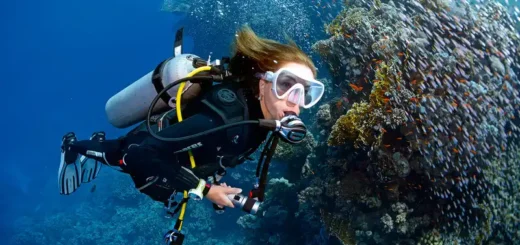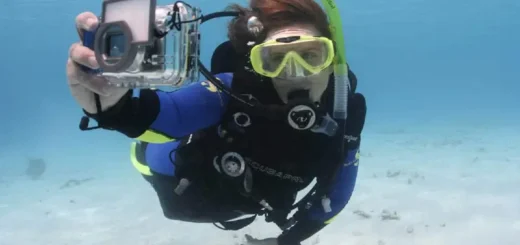The Ultimate Guide to Starting a Dive Business in New Zealand
Are you an experienced diver looking for a new challenge? Or maybe you’re a complete beginner, drawn to the excitement of exploring the underwater world. Either way, if you’ve ever dreamed of running your own dive business, New Zealand is the perfect place to make it happen.
In this guide, we’ll take you through everything you need to know about starting a dive business in New Zealand, from the initial planning stages right through to getting your first customers.
Why start a dive business in New Zealand?
New Zealand is world-renowned for its stunning natural scenery, and its underwater environment is no different. With a huge variety of dive sites to choose from, ranging from sheltered coastal waters to deep sea wrecks, there’s something to suit every taste.
What’s more, New Zealand’s remote location means that its waters are relatively untouched by humans, making them a haven for marine life. Divers can expect to see an abundance of colourful fish, as well as turtles, dolphins and even the occasional whale.
It’s not just the underwater world that makes New Zealand such a great place to start a dive business. The country’s laid-back lifestyle and friendly locals make it an enjoyable place to live and work, while the relatively low cost of living means you can keep your overheads to a minimum.
What do you need to start a dive business in New Zealand?
There are a few key things you’ll need in place before you can start your dive business in New Zealand. Firstly, you’ll need to obtain a commercial diving licence from the New Zealand Maritime Safety Authority (MSA). This will allow you to conduct dives for commercial purposes, such as taking paying customers on tours.
You’ll also need to have a comprehensive dive insurance policy in place. This is essential to protect yourself and your business in the event of an accident or incident.
It’s also a good idea to invest in some quality dive equipment. This doesn’t need to be overly expensive, but it should be fit for purpose and well-maintained.
Finally, you’ll need to put together a marketing plan. This doesn’t need to be anything fancy, but it should include some basic information on who your target market is and how you plan to reach them.
How to get started
Now that you know what you need to get started, it’s time to start planning your business. The first step is to come up with a catchy name and branding for your business. This is important as it will help you to stand out from the competition.
Next, you’ll need to create a website and social media accounts. This is your opportunity to show potential customers what your business is all about, so make sure you include plenty of high-quality photos and videos.
It’s also a good idea to put together a portfolio of your previous work, whether that’s from your personal diving experiences or from any professional work you’ve done. This will give potential customers an idea of the kind of experience you can offer.
Once your website and social media accounts are up and running, you’ll need to start promoting your business. This can be done through online advertising, word of mouth, or by exhibiting at local events.
Finally, you’ll need to put together a pricing structure for your services. It’s important to strike a balance between making a profit and offering competitive rates.
Running your dive business
Now that you’ve got everything in place, it’s time to start running your business. The first step is to create a schedule for your dive trips. This should take into account the tides, weather conditions and the availability of your customers.
It’s also important to create a safety plan for each dive, outlining the risks and hazards associated with the site and how you plan to mitigate them. This will help to keep your customers safe and ensure that you’re complying with the MSA’s safety regulations.
Once you’ve got your schedule and safety plan in place, you’re ready to start taking customers on dives. It’s important to provide a high level of customer service, as this will help to encourage word-of-mouth marketing.
Finally, it’s important to keep your dive equipment well-maintained. This will help to ensure the safety of your customers and prolong the life of your equipment.
With these tips in mind, you’re well on your way to starting a successful dive business in New Zealand.







